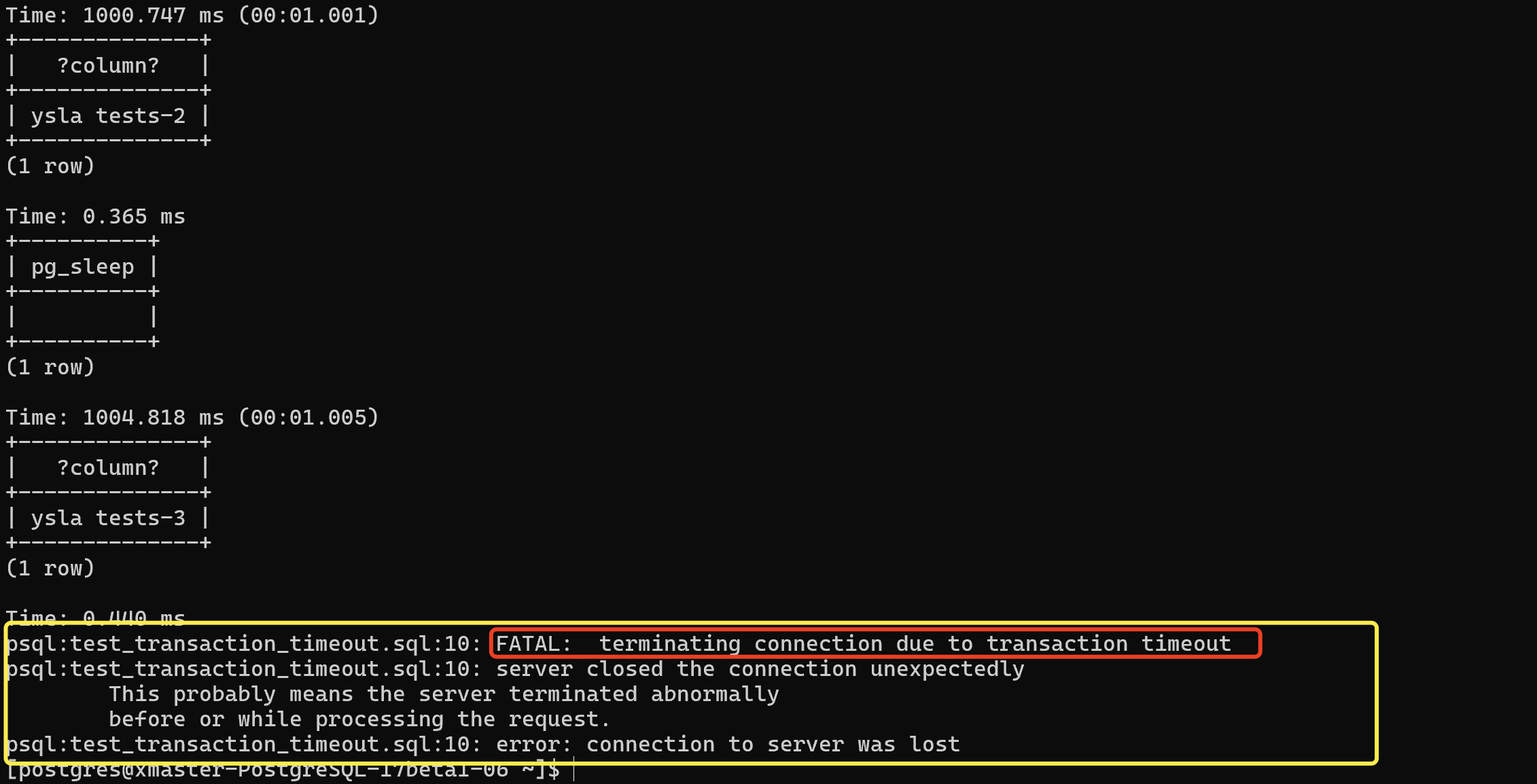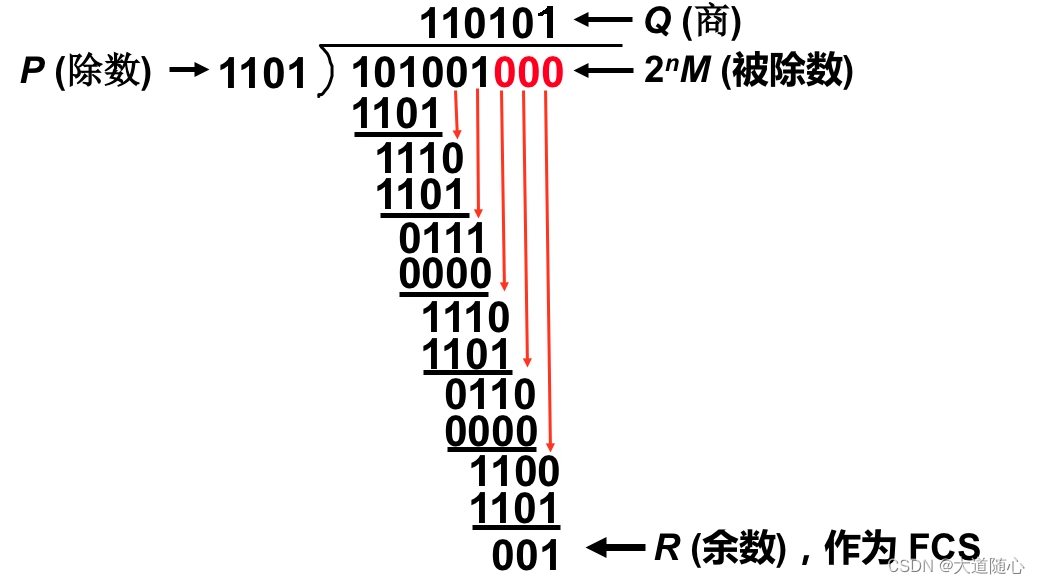背景
- 在用python写后端服务时候,需要与mysql数据库进行一些数据查询或者插入更新等操作。启动服务后接口运行一切正常,
隔了第二天去看服务日志就会报错,问题如下:
pymysql.err.OperationalError: (2006, "MySQL server has gone away (BrokenPipeError(32, 'Broken pipe'))")
- MySQL默认的wait_timeout时间28800秒,即8小时,超过8小时,MySQL就会放弃连接。MySQL默认设置的时间是8小时,可以通过运行show variables like ‘%timeout%’;这个SQL即可查看到,时间根据自己业务而定。
- 对于数据库连接,一般不建议使用全局变量,在每次操作完成后即关闭连接。这是因为长时间保持数据库连接会对性能和资源消耗产生负面影响。与此相反,使用数据库连接池来维护和分配数据库连接是更好的做法。
好处
连接池的优点是可以在多个线程或进程之间共享,并且可以有效地管理连接数,而无需手动打开和关闭连接。
常用包
- QueuePool 是 SQLAlchemy 内置的一个连接池实现,它可以管理一个连接队列,确保每个连接在使用后被适当地关闭。该池使用Python 自带的 queue 模块实现,并支持可配置的最大连接数、预处理语句等特性。优点是易于使用,无需其他依赖,并与SQLAlchemy 之间无缝集成。
- PooledDB 是 DBUtils 库提供的一个连接池实现,可以与 SQLAlchemy 或其他 Python数据库库一起使用。它支持多种类型的连接池,并使用 threading模块实现线程安全,具有更高的性能和稳定性。该库还提供了一些方便的功能,例如自动回收空闲连接等。
pip install dbutils==1.3
DBUtils python 代码
import os
import pymysql
import configparser
from DBUtils.PooledDB import PooledDB
def get_mysql_config():
MODULE_REAL_DIR = os.path.dirname(os.path.realpath(__file__))
config = configparser.ConfigParser()
config.read(MODULE_REAL_DIR + '/../conf/config.conf')
host = config.get('MYSQL_FORMAL_DB', '127.0.0.1')
port = config.get('MYSQL_FORMAL_DB', '3306')
user = config.get('MYSQL_FORMAL_DB', 'root')
pwd = config.get('MYSQL_FORMAL_DB', 'mypwd')
db = config.get('MYSQL_FORMAL_DB', 'mydb')
return host, port,user, password, database
host, port, user, password, database = get_mysql_config()
class MySQLConnectionPool:
def __init__(self,):
self.pool = PooledDB(
creator=pymysql, # 使用链接数据库的模块
mincached=10, # 初始化时,链接池中至少创建的链接,0和None表示不创建
maxcached=5, # 链接池中最多闲置的链接,0和None不限制
maxconnections=200, # 连接池允许的最大连接数,0和None表示不限制连接数
maxusage=None, # 一个链接最多被重复使用的次数,None表示无限制
blocking=True, # 连接池中如果没有可用连接后,是否阻塞等待。True,等待;False,不等待然后报错
setsession=[], # 开始会话前执行的命令列表。如:["set datestyle to ...", "set time zone ..."]
ping=0,
# ping MySQL服务端,检查是否服务可用。
# 如:0 = None = never,
# 1 = default = whenever it is requested,
# 2 = when a cursor is created,
# 4 = when a query is executed,
# 7 = always
host=host,
port=port,
user=user,
password=password,
database=database,
charset='utf8'
)
def open(self):
self.conn = self.pool.connection()
self.cursor = self.conn.cursor(cursor=pymysql.cursors.DictCursor) # 表示读取的数据为字典类型
return self.conn, self.cursor
def close(self, cursor, conn):
cursor.close()
conn.close()
def select_one(self, sql, *args):
"""查询单条数据"""
conn, cursor = self.open()
cursor.execute(sql, args)
result = cursor.fetchone()
self.close(conn, cursor)
return result
def select_all(self, sql, args):
"""查询多条数据"""
conn, cursor = self.open()
cursor.execute(sql, args)
result = cursor.fetchall()
self.close(conn, cursor)
return result
def insert_one(self, sql, args):
"""插入单条数据"""
self.execute(sql, args, isNeed=True)
def insert_all(self, sql, datas):
"""插入多条批量插入"""
conn, cursor = self.open()
try:
cursor.executemany(sql, datas)
conn.commit()
return {'result': True, 'id': int(cursor.lastrowid)}
except Exception as err:
conn.rollback()
return {'result': False, 'err': err}
def update_one(self, sql, args):
"""更新数据"""
self.execute(sql, args, isNeed=True)
def delete_one(self, sql, *args):
"""删除数据"""
self.execute(sql, args, isNeed=True)
def execute(self, sql, args, isNeed=False):
"""
执行
:param isNeed 是否需要回滚
"""
conn, cursor = self.open()
if isNeed:
try:
cursor.execute(sql, args)
conn.commit()
except:
conn.rollback()
else:
cursor.execute(sql, args)
conn.commit()
self.close(conn, cursor)
"""
CREATE TABLE `names` (
`id` int(10) NOT NULL AUTO_INCREMENT COMMENT '主键',
`name` VARCHAR(30) DEFAULT NULL COMMENT '姓名',
`sex` VARCHAR(20) DEFAULT NULL COMMENT '性别',
`age` int(5) DEFAULT NULL COMMENT '年龄',
PRIMARY KEY (`id`) USING BTREE
) ENGINE=InnoDB DEFAULT CHARSET=utf8 ROW_FORMAT=DYNAMIC COMMENT='数据导入mysql';
"""
mysql = MySQLConnectionPool()
sql_insert_one = "insert into `names` (`name`, sex, age) values (%s,%s,%s)"
mysql.insert_one(sql_insert_one, ('唐三', '男', 25))
datas = [
('戴沐白', '男', 26),
('奥斯卡', '男', 26),
('唐三', '男', 25),
('小舞', '女', 100000),
('马红俊', '男', 23),
('宁荣荣', '女', 22),
('朱竹清', '女', 21),
]
sql_insert_all = "insert into `names` (`name`, sex, age) values (%s,%s,%s)"
mysql.insert_all(sql_insert_all, datas)
sql_update_one = "update `names` set age=%s where `name`=%s"
mysql.update_one(sql_update_one, (28, '唐三'))
sql_delete_one = 'delete from `names` where `name`=%s '
mysql.delete_one(sql_delete_one, ('唐三',))
sql_select_one = 'select * from `names` where `name`=%s'
results = mysql.select_one(sql_select_one, ('唐三',))
print(results)
sql_select_all = 'select * from `names` where `name`=%s'
results = mysql.select_all(sql_select_all, ('唐三',))
print(results)
目前最新版本是3.1.0, 官方文档: https://webwareforpython.github.io/DBUtils/main.html
模块中的类 PooledDB dbutils.pooled_db实现池 与数据库的稳定、线程安全的缓存连接,这些连接是透明的 使用任何 DB-API 2 数据库模块重用。
下图显示了当您 正在使用pooled_db连接:
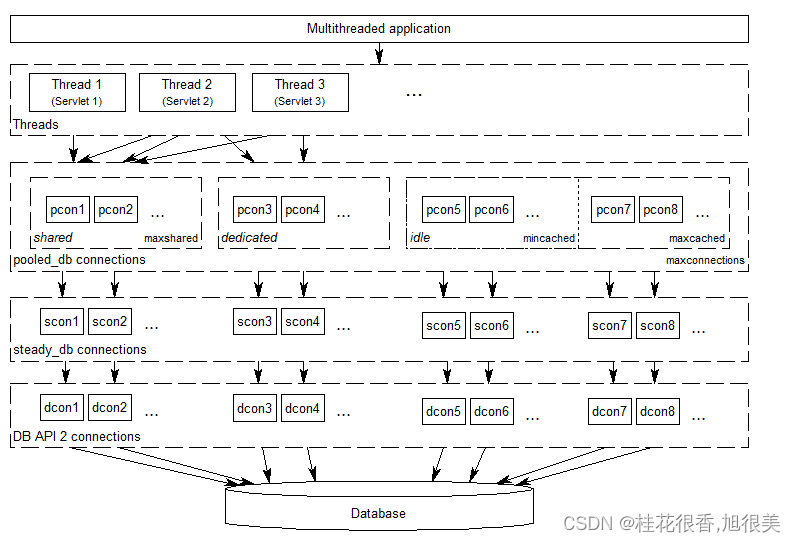
PooledDB (pooled_db) 参数:
-
creator:返回新 DB-API 2 的任意函数 连接对象或符合 DB-API 2 的数据库模块
-
mincached :池中的初始空闲连接数 (默认值为 0 表示启动时未建立任何连接)
-
maxcached:池中的最大空闲连接数 (默认值 0 或 None 表示池大小不受限制)
-
MaxShared:允许的最大共享连接数 (默认值 0 或 None 表示所有连接都是专用的)。当达到此最大数量时,如果连接 已被要求为可共享。
-
maxconnections:通常允许的最大连接数 (默认值 0 或 None 表示任意数量的连接)
-
blocking:确定超过最大值时的行为。如果设置为 true,则阻止并等待 连接数减少,但默认情况下会报告错误。
maxusage:单个连接的最大重用次数 (默认值为 0 或 None 表示无限重用)。当达到连接的最大使用次数时, 连接将自动重置(关闭并重新打开)。
setsession:可用于 准备会话,例如 [“将 datestyle 设置为德语”,…]
reset:返回到池时应如何重置连接 (False 或 None 回滚以 begin() 开头的事务, 为了安全起见,默认值 True 始终发出回滚)
failures:可选的异常类或异常类的元组 应应用连接故障转移机制, 如果默认值 (OperationalError, InterfaceError,InternalError) 对于使用的数据库模块来说是不够的
ping:控制何时检查连接的可选标志 如果这样的方法可用,则使用 ping() 方法 (0 = 无 = 从不,1 = 默认值 = 从池中获取的时间,2 = 创建游标时,4 = 执行查询时,7 = 始终,以及这些值的所有其他位组合)
符合 DB-API 2 的 creator 函数或 connect 函数 指定为创建者的数据库模块将收到任何其他 主机、数据库、用户、密码等参数。你可以 在您自己的 creator 函数中选择部分或全部这些参数, 支持复杂的故障转移和负载平衡机制。
参考
Python连接MySQL数据库连接池
python DbUtils 封装
Python+Pymysql+PooledDB实现数据库连接池
Pymysql 连接池操作


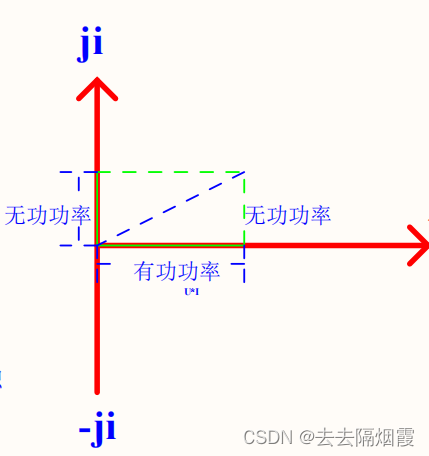

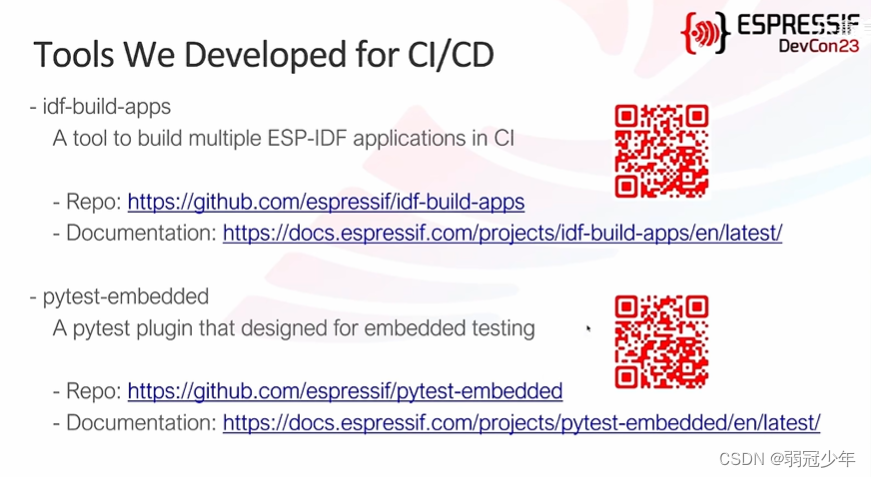


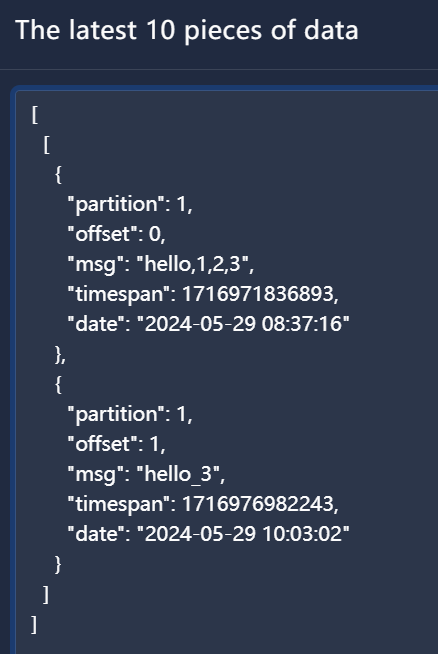
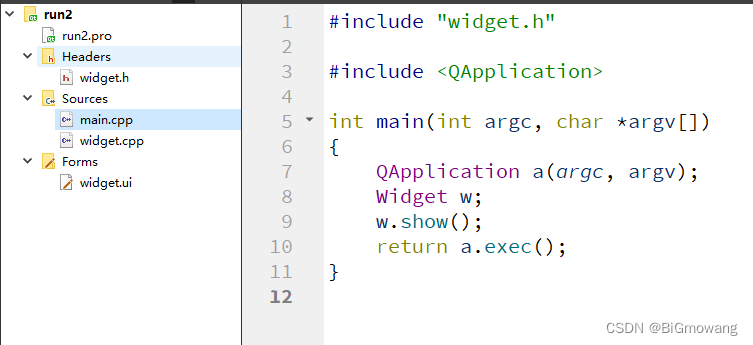
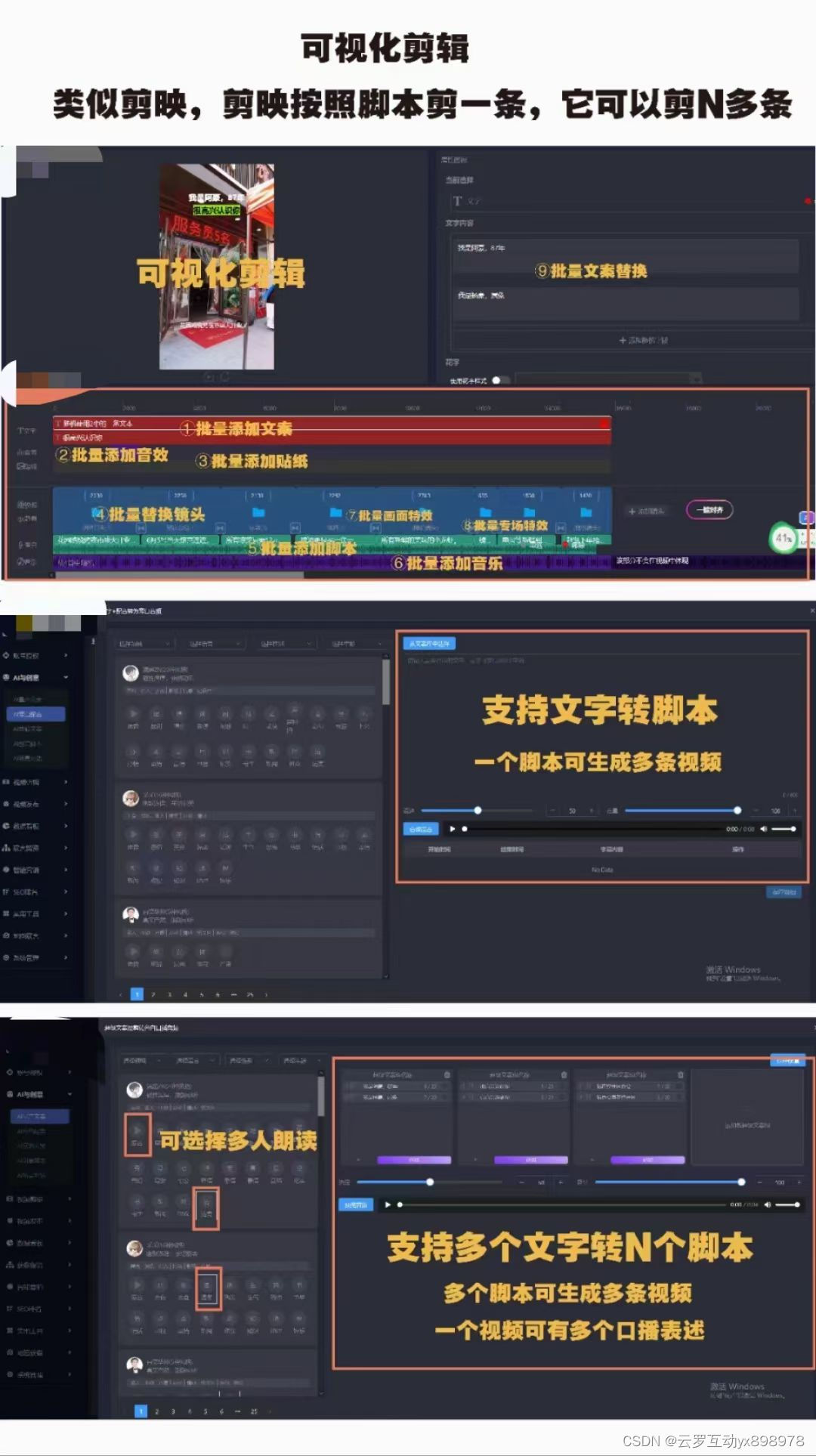
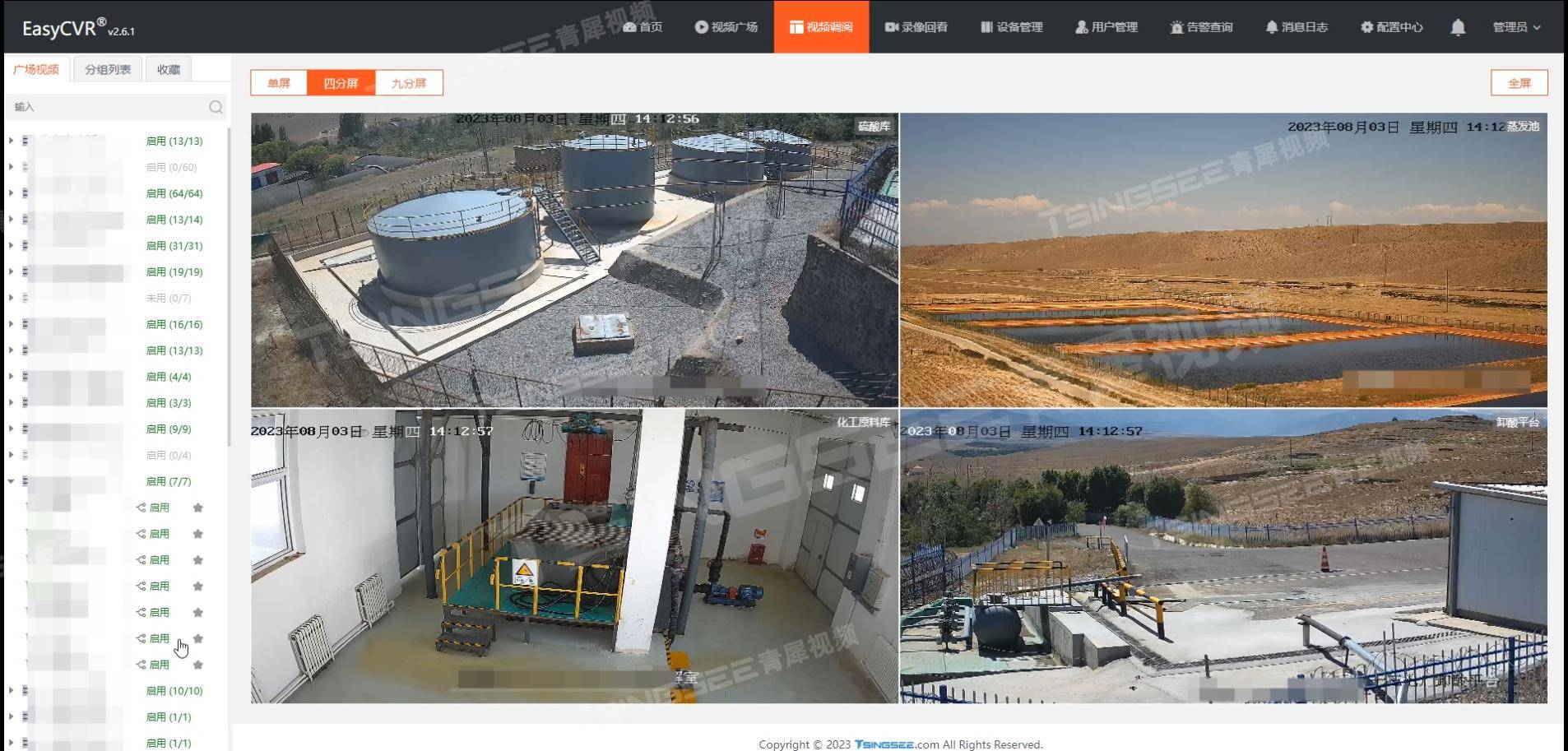
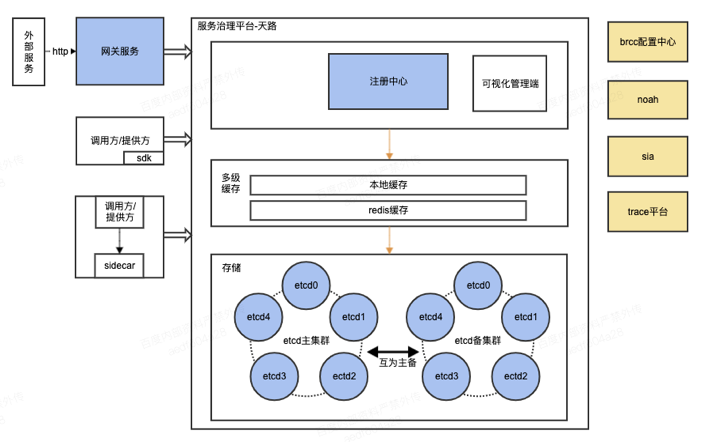

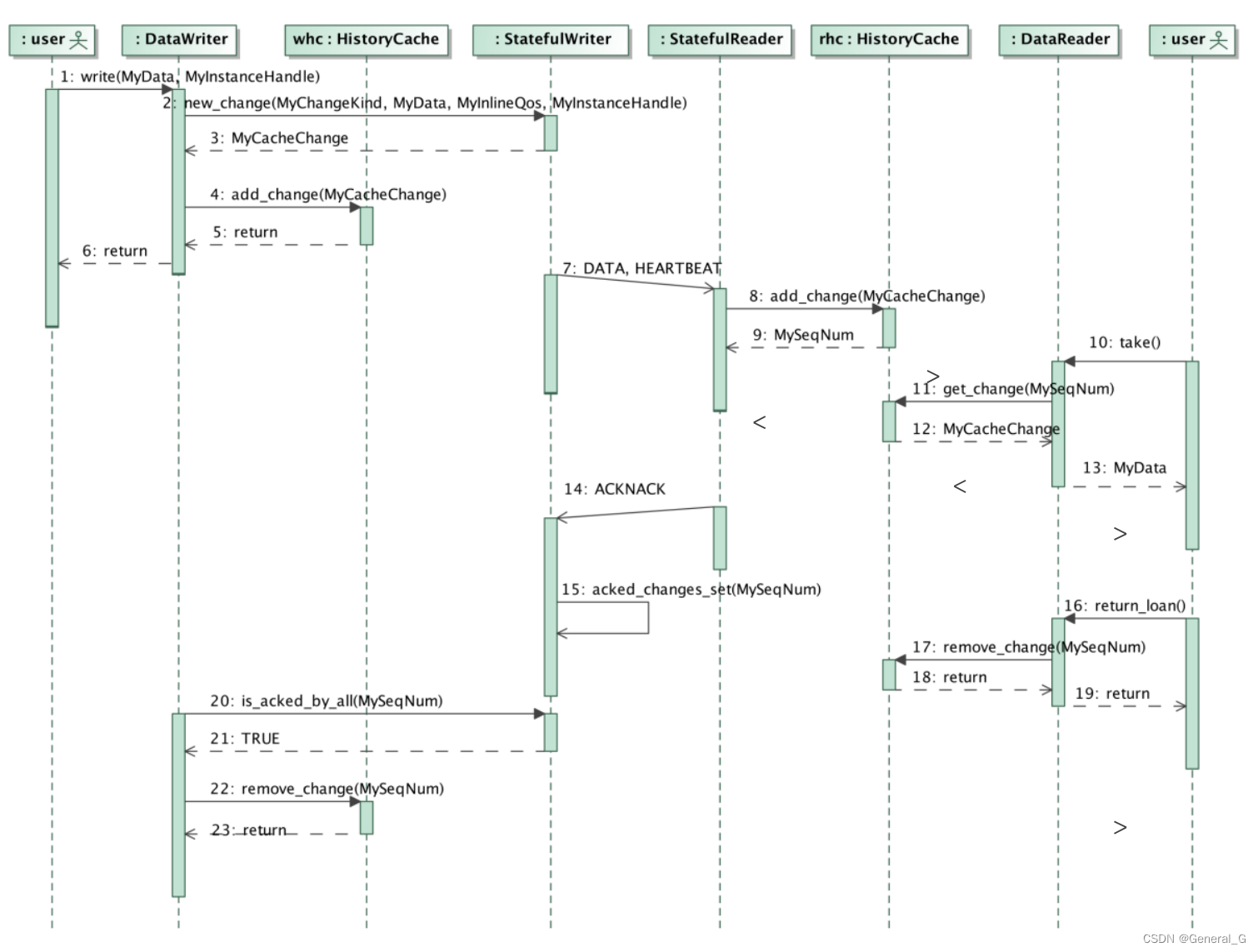


![polarctf靶场[reverse]shell、PE结构、拼接](https://img-blog.csdnimg.cn/direct/577fd6efff0e41c1ab69334a4f2141e4.png)
